Publications
Articles, publications, books, tools and multimedia features from the U.S. Institute of Peace provide the latest news, analysis, research findings, practitioner guides and reports, all related to the conflict zones and issues that are at the center of the Institute’s work to prevent and reduce violent conflict.
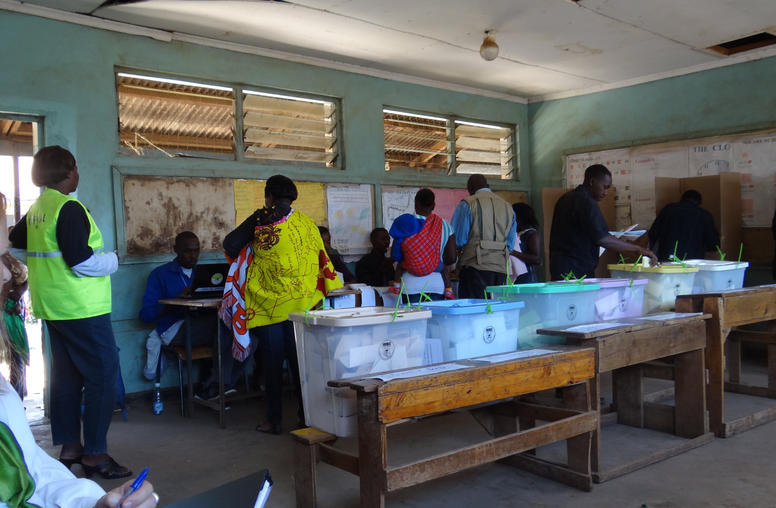
Peaceful Elections in Kenya? Start Preparing Now for 2022
The people of Kenya go to the polls next week to select their next President as well as members of the national assembly and local-level officials. In a country vital to U.S. security and economic interests in East Africa, preparations for the elections have been rocky and tense. Many analysts have drawn parallels to past elections to predict whether peace or violence will prevail. But assessing the 2017 elections will require more than a snapshot review of election week or comparisons with past violence.
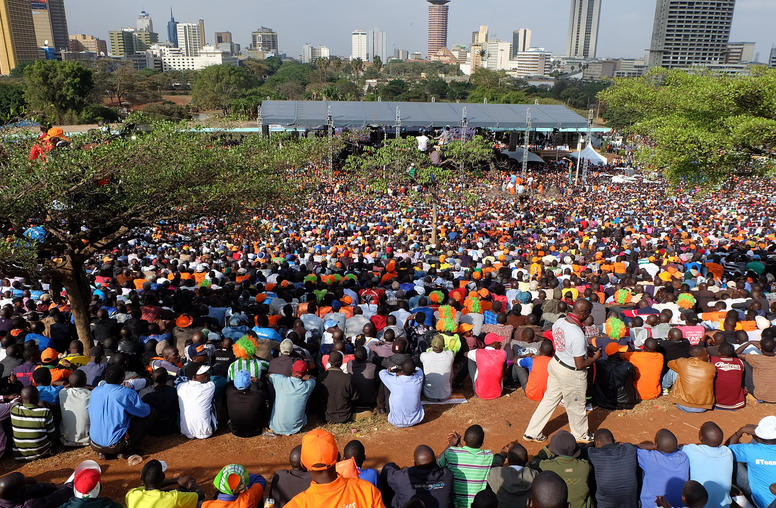
Q&A: What’s Next for Kenya After Presidential Elections?
The world watched anxiously as Kenyans prepared for presidential elections last week, concerned that the country would be unable to produce a credible vote free of violence. While some fatalities were reported in sporadic clashes between police and protesters...
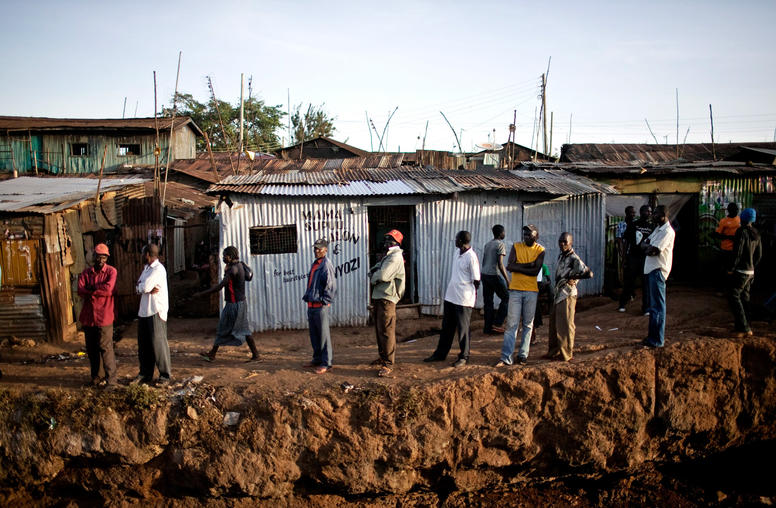
Surprise Election Ruling Raises Tension Over Kenya Vote
Kenyan President Uhuru Kenyatta called for calm after the country’s Supreme Court annulled his re-election, citing “irregularities.” He said he would accept the court’s order for a new election, similarly to the decision last month by his opponent, Raila Odinga, to challenge the election results in court...
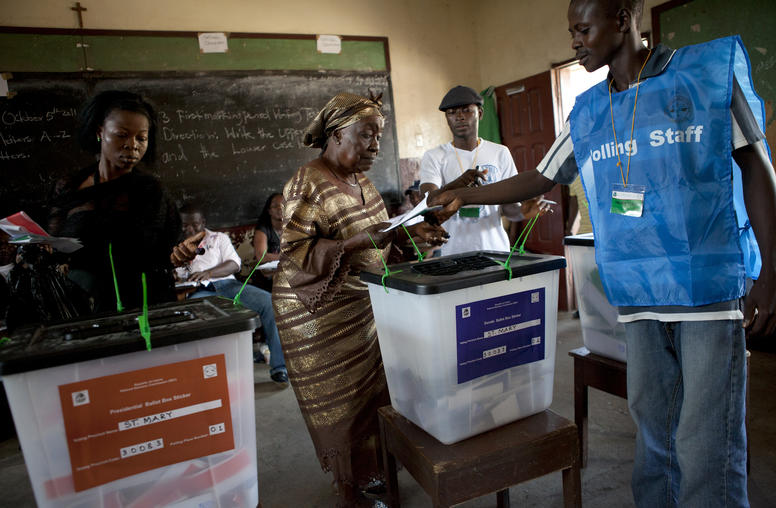
Electing Peace in Liberia
The day after Christmas Liberians went to the polling stations to elect George Weah, a former international soccer player, as the new President of Liberia. Weah beat the former vice president and chief opponent, Joseph Boakai, in a run-off election. The risk of election-related violence was substantial given...
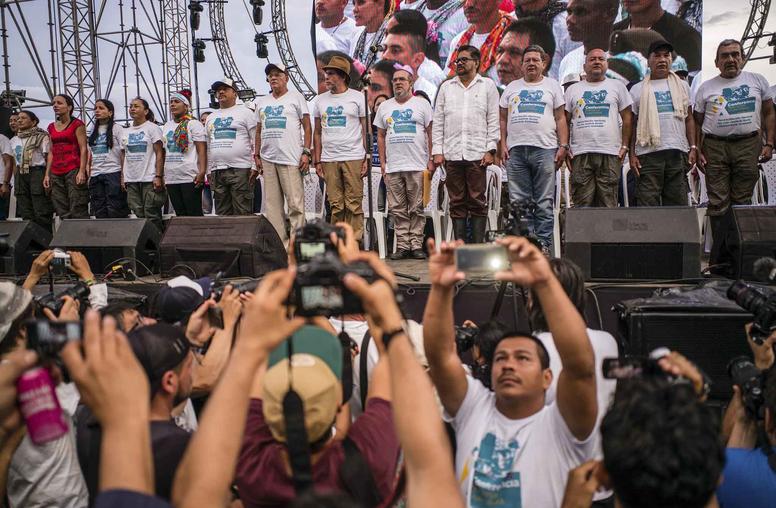
Will Colombia's 2018 Elections Imperil Peace?
The April 9 arrest and extradition request of former senior Revolutionary Armed Forces of Colombia (FARC) commander and peace negotiator Jesús Santrich highlights the complex challenges Colombia faces in the implementation of the historic November 2016 peace agreement with the FARC. Over a year and a half since the signing of the agreement, Colombia finds itself in one of the most critical moments in its efforts to definitively put to rest over five decades of armed conflict that has left more than 8.5 million victims in its wake. Frustrations surrounding the mixed results in the implementation of the peace agreement are exacerbated by the natural uncertainty over the upcoming May 27 presidential elections and its policy impact.
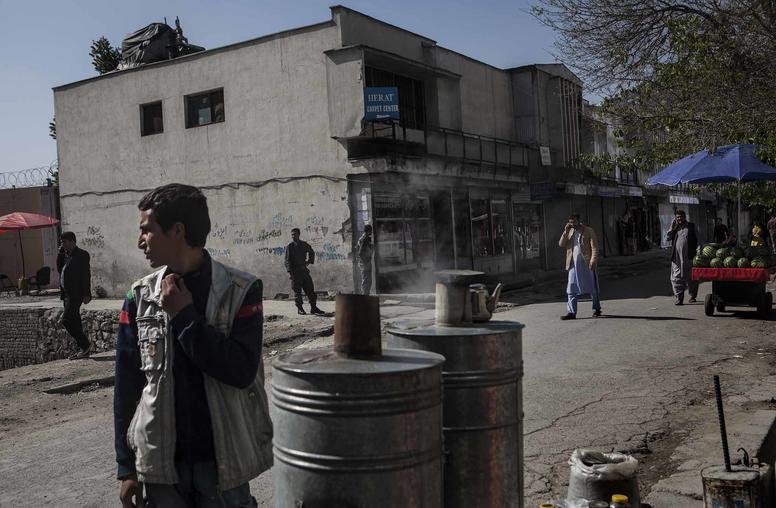
ISIS Attack on Afghan Voting Center Aims to Sow Ethnic Division
In Afghanistan, the Islamic State has claimed responsibility for a suicide bombing at a Kabul voting center that killed at least 60 people, including 22 women and eight children. More than 130 people were wounded, and Afghan police say many of the victims were waiting in line outside the center attempting to receive national identity cards in order to vote. Parliamentary elections are scheduled for October, but could be derailed by continued violence, low voter registration, and a lack of confidence in the electoral process. USIP expert Scott Worden analyzes what potential impact this incident and any future attacks could have on Afghanistan's electoral process.
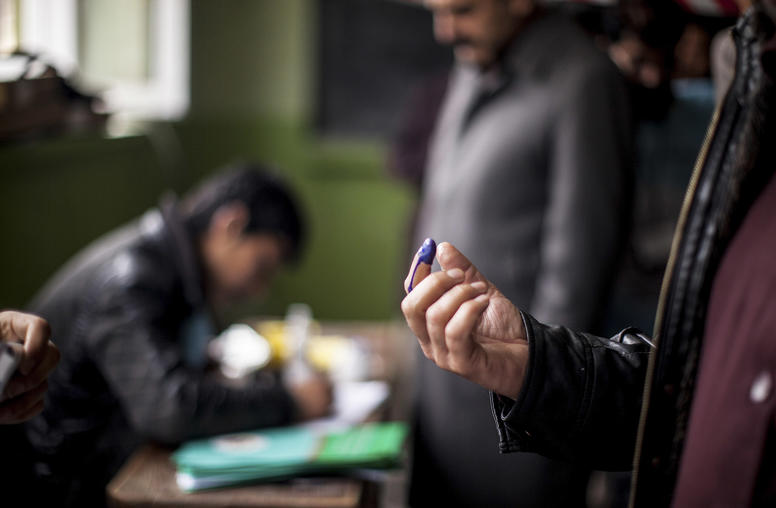
Walking a Fine Line: Holding Elections Amid Peace Processes
Elections that are organized amid a peace process can either destabilize or pacify a conflict. The vote can put significant pressure on a peace accord, as Colombia is experiencing today, or it can integrate formerly warring parties into the political process, as in Nepal’s 2008 Constituent Assembly elections. The timing of elections in relation to peace processes, as well as the inclusivity of the process itself, are critical in determining whether peace or conflict prevails at the polls.
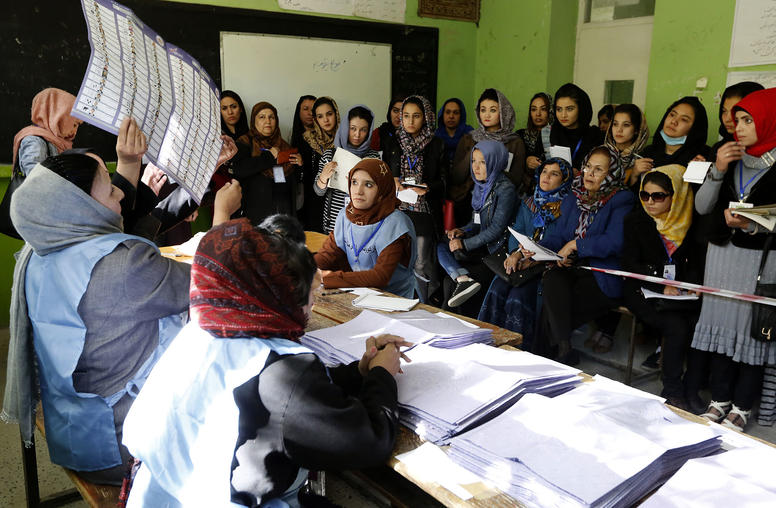
What to Watch for in Afghanistan’s Presidential Election
After several delays, Afghans will finally head to the polls on Saturday to elect their next president. The election comes amid an indefinite stall in the year-long U.S.-Taliban negotiations following the cancellation of a high-level summit earlier in the month. There has been a debate over the sequencing of elections and the peace process for months, but the vote will move ahead this weekend. As with all post-2001 Afghan elections, security risks and the potential for fraud and abuse loom over these polls. USIP’s Scott Worden and Colin Cookman look at how insecurity will impact the legitimacy of the vote and what measures have been taken to combat electoral mismanagement and fraud.
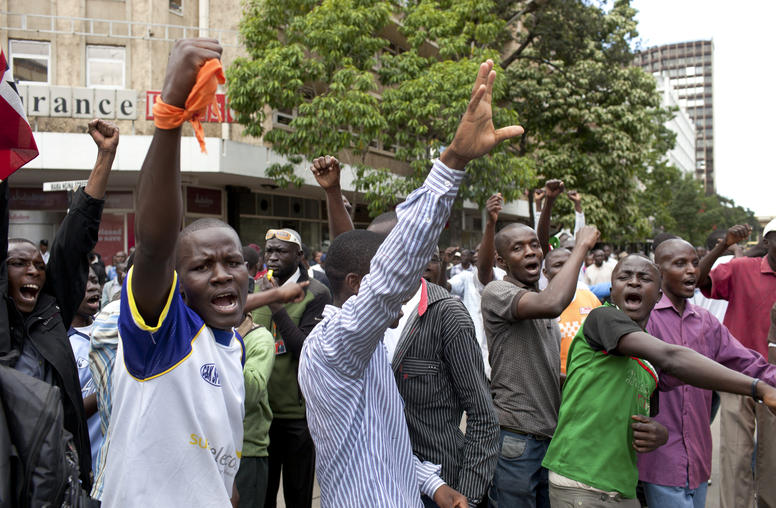
Tension Rising Ahead of Kenya, Liberia 2017 Elections
With elections coming up next year in Liberia and Kenya, the time for early and sustained efforts to prevent clashes is now. Forthcoming USIP research shows that domestic institutions hold the key: election commissions, the police and, above all, political leaders. Any international support to those institutions and leaders must now move from plans to action in order to achieve any desired impact amid rising tensions.
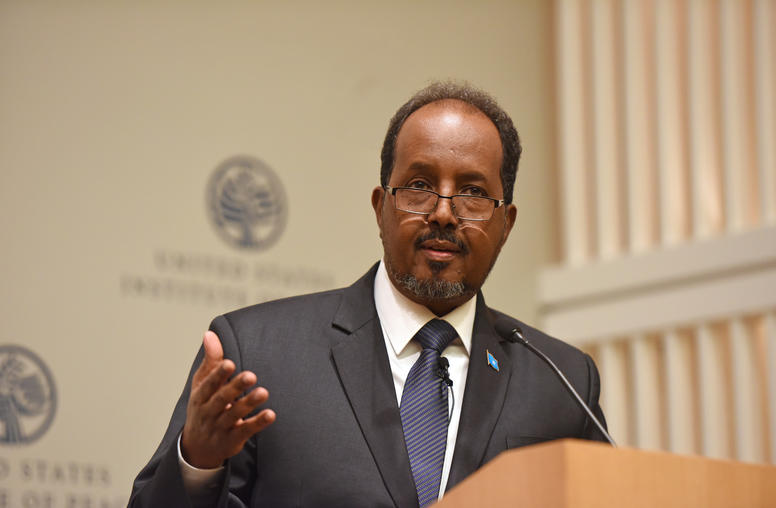
Somalia Seeks Best Possible Elections, More Security Aid
Four years after the formation of a federal government in Somalia, the country has built nascent institutions, but it will need years of financial and security support to make the new state effective, President Hassan Sheikh Mohamud said April 20 at USIP. The country’s next critical step will be to hold national elections before September, a vote that Mohamud said will be less democratic than he and other Somalis had hoped—but an improvement in a country that has not elected any government since 1969.